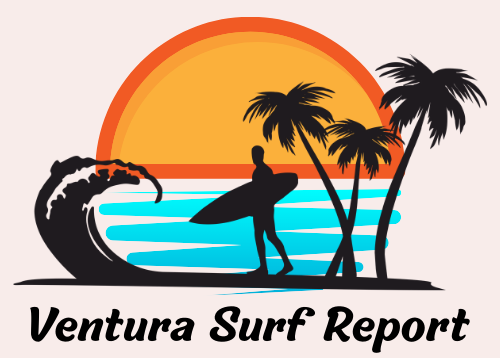
Surfing has always been more than a sport. It’s culture, it’s community, it’s a way of life deeply connected to the places we call home.
But in Costa Rica (and many other surf destinations around the world), we are facing a growing problem: surf gentrification.
What does that mean?
Same thing that happens in big cities when outside money comes in, drives up real estate and grocery prices, and pushes locals out.
In our surf towns, it looks like foreign-owned surf camps are setting up shops, bringing their own instructors, and running their businesses without contributing to the local economy.
They don’t pay taxes here, most don’t even employ locals, and they often don’t respect the established surf culture and lineup etiquette that local schools and surfers have worked so hard to protect.
The impact goes beyond the water.
Surf gentrification makes life unaffordable for local families, it displaces communities, and jeopardizes the future of the very people who have cared for these beaches for generations.
The sad truth is that most tourists, including some visiting surfers and newbies, don’t realize this is happening.
They book a camp online, arrive in Costa Rica, and never know that their money bypassed the local community entirely.

Cooperation vs. Competition
But here’s the thing: tourism can be part of the solution if it opens its eyes to the problem.
Surf camps from abroad need to realize that collaboration with locals is not only ethical, it makes the experience better for them and their clients too.
Imagine this: instead of a foreign-run camp dropping into a lineup like they own the place, they partner with a local company.
This company offers them their expertise, as well as certified local instructors who know the breaks and the dynamics of that specific lineup.
They use local businesses for transportation, meals, board hire, lodging, tours, etc.
Their students would get more than just surf lessons; they would be welcomed into the community. They get to experience the culture from within, the food, the stories, and the real deal.
We’re not talking about shutting doors or being localistic, but about opening them, the right way.

The Benefits of the “Local Filter”
Collaboration is the future, and partnerships are an upgrade to the whole experience.
If foreign operators want to come here, we reckon that they should go through a “local filter”, working hand-in-hand with local schools and businesses.
That way, both sides benefit, the culture is respected, and the surfing experience becomes more authentic and meaningful.
At the end of the day, surfers come to Costa Rica for the waves, yes, but also for the “pura vida” spirit.
That spirit only survives if the community does.
Consumers have power: when you choose where to spend your money, you shape the future of surf destinations.
If you want authentic waves, authentic people, and authentic culture, support local businesses and/or choose collaborations where everyone wins.
Words by Debbie Zec Jimenez | Surf Coach and Founder of Dominical Surf School


Leave a Reply